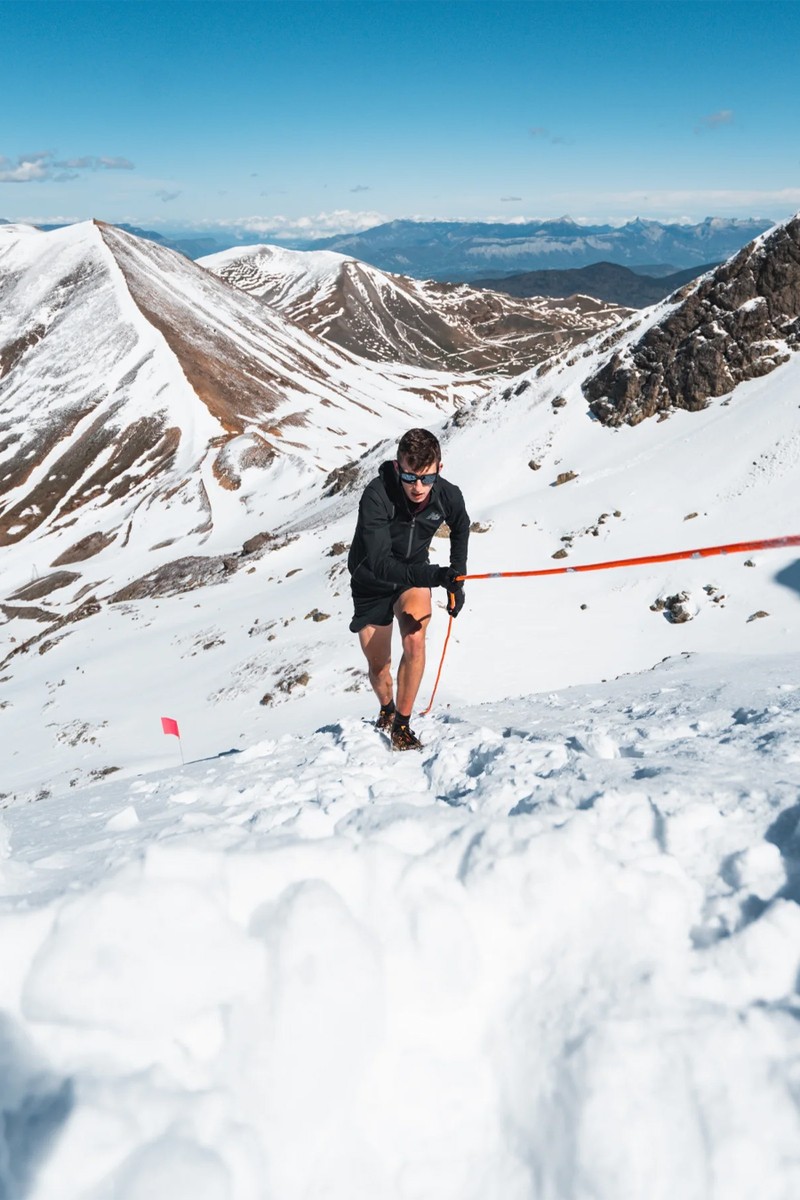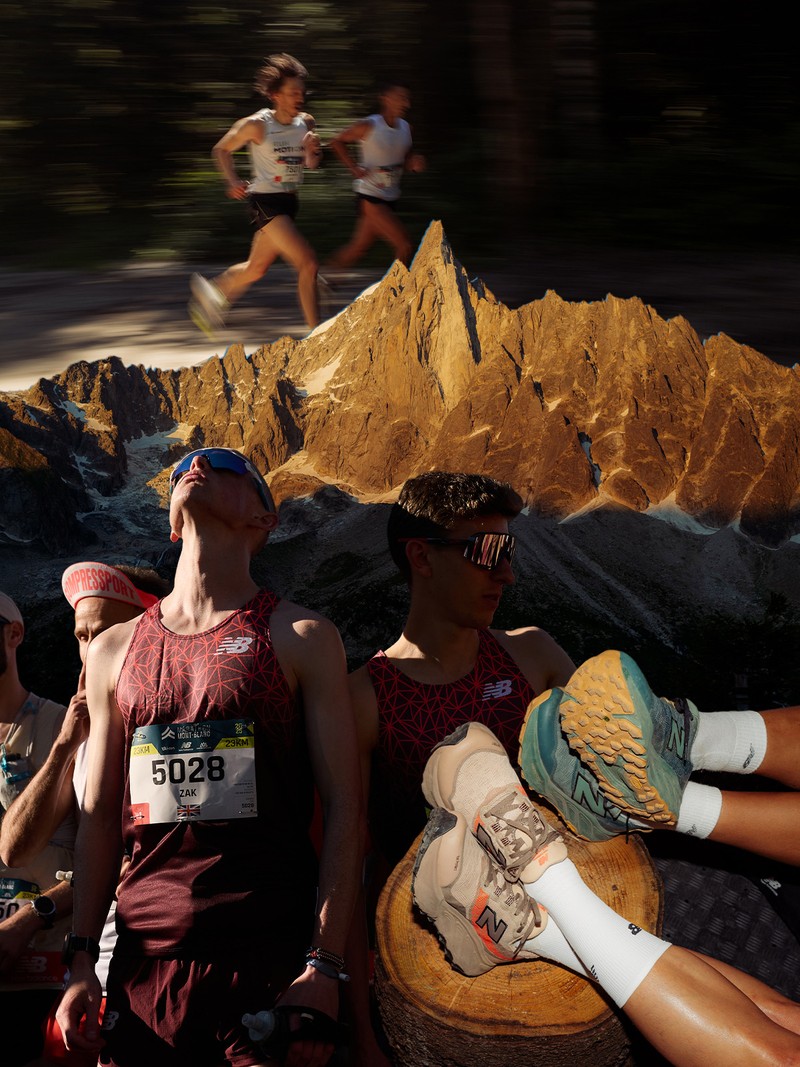
How To Get Into Extreme Trail Running
What got you hooked on trail running in the first place?
Jacob: I was quite lucky to grew up in the south of Scotland. I lived in a town that was just surrounded by hills and has lots of outdoor activities on offer. It wasn't an effort to go out mountain biking, running and hiking. At the start, running was a way to explore my surroundings, be it at home or in the places I visited. I found it was a great way to appreciate the world a little bit more. That’s the main thing that drives me – it's very hard to find the same sense of freedom than when you’re flowing down a trail or working up to a summit.
Zak: I live about 1,000 feet above sea level on the side of a mountain, so trail running felt like a pretty natural thing to do. It wasn't until 2015 when I started running to keep fit during a break from cycling that I discovered how much I enjoyed it. I joined the local club, did well in some local races, caught the bug and never looked back. I enjoy winning and I’m competitive by nature, but I also love being outside, up on the trails or on top of a mountain.
You just finished the Cross du Mont-Blanc, how did the race go?
Jacob: I ended up doing the Cross du Mont-Blanc because I had a foot injury last May, so I just hadn't been able to do the right training for a marathon. I definitely wanted to test myself to see where my body was. Overall, it was positive because it showed that the cross training and running I'd done had helped me maintain my fitness level. It was just the leg conditioning that wasn't quite there towards the end – it would have if I’d been able to do more specific running training.
Zak: For me, it went according to plan. That distance isn't my forte – my main speciality would be the vertical kilometre races or uphill only races. Jumping into the 23km trail was daunting but at the same time, it was a challenge I wanted to give myself. I thought, well, I'm in good shape, I'll give it a go. Everything went well. I didn't cramp or anything, fuelling went well, I got around it in one piece and probably did better than expected. To cross the finish line content with your performance? That's always a big deal.
What does training look like for an event like this?
Jacob: If you want a sarcastic answer, I suppose I’ve been training since I was in my mid-teens. All your training will help in some form. But specifically, I started two months out from the race. The structure is the same throughout the training block. Usually it’s two sessions a week – a long run of around three to four hours (that might decrease a little the nearer you get but the intensity increases) and the second session would be more specific in terms of terrain. This marathon has three major climbs, so you'd maybe a session with three longer climbs.
Zak: I was doing some long intervals both on the flat and all the trails from about six to seven weeks out. Nearer the race, I was starting to do shorter and sharper intervals and bringing more intensity into it. I train all year round, but I train across a variety of distances. It's only when you get four or five weeks out then you start to really tweak the small specifics towards the race. If I was to do this race again next year, I would probably try to do more marathon road-style training. It’s quite a long time to be on your feet, so it's a case of getting as much volume – or miles – as you can done through the winter. Volume helps build the endurance base and the bigger your endurance base, the longer you can run for, and it just makes you a better runner overall.
What does your nutrition look like throughout the training weeks?
Jacob: Just eating lots! As long as it's balanced, I don't restrict yourself in any way. You can still eat cake and pastries, but everything in moderation. There's no point in not enjoying life because you think a croissant is going to ruin your race. It won’t. Training and enjoying life is the key to running your best race.
Zak: I eat whatever I can get my hands on. I can’t turn my nose up at something because it’s unhealthy. A calorie is a calorie. My aim each day is to try and get about 5,000 or 6,000 calories in me, which is not easy – you have to make it a conscious decision. If you're not fuelled enough, you'll not be able to do the training, and if you can't do the training, you can't run the race. Lunch is probably the hardest because if you do a training session in the morning, your stomach doesn't always allow you to eat a big meal after. I do a lot of snacking – Rice Crispy squares, a bagel with Nutella and a banana. It's all about trying to get the calories in and trying to get as many carbs and protein too. I don't have a set meal plan. It's just honestly whatever I fancy eating – but I am still figuring out what works best for my body. The most crucial part is immediately after a run – I have a recovery drink with carbs and protein, and then a banana.
What’s the fuelling plan during a race?
Jacob: Race nutrition is something I'm still working on. It feels like I’ve had a fair few bad experiences. Gels? I’ve not found one I can stomach well. It’s only in the last two years that I’ve started doing longer stuff where it’s necessary to nail the nutrition. At the moment, I can only really stomach carbohydrate drink mixes, which is also handy for races out here where it's a bit hotter. It means you can take on liquid and hydrate at the same time as putting carbs in your body. Sips it rather than taking a big gulp after half an hour or so. Just kind of keeping it dripping through.
Zak: For the Cross du Mont-Blanc I had a plan. I used Precision Hydration gels and drinks. The plan was to get roughly between 60g and 80g of carbs an hour, and I managed to successfully take on 90g of carbs an hour, which is quite high compared to some athletes. I was taking on two 30g gels an hour along with 500ml of sodium carbohydrate mix, which brought me up to 90g. My race time was three hours 20 minutes, so I was having a 500ml drink every hour at each station. So, I went through 750ml plus four gels and I took one more beforehand. It was quite a lot but they definitely made a difference especially during the later part of the race.
How do you recover from a tough event?
Jacob: With something quick and refreshing as soon as possible. Chocolate milk is a big favourite and a scientifically proven recovery drink as well. A smoothie is another great choice. Maybe an hour or so later, I try to eat a bigger balanced meal. In terms of the body, try to keep moving a little bit. I don't recommend sitting still for five hours after your race because you'll just seize up. Gentle movement is always good.
Zak: The biggest thing is trying to get good food in after the race. I had lunch pretty much straight after the race and then about an hour and a half after that, I had a short nap because it was so warm outside. It was just a case of trying to cool down and helping the body relax. When I got home, I had a few easy days because I was racing a week later in Italy in the European Sky Running Championship. I had to be conscious of not doing too much in between. It was a case of recovering well, getting plenty of sleep and eating good food.
Where do you love running in the UK?
Jacob: The UK is great for trail running. For me, it's either the Scottish Highlands or the Lake District. In the Highlands around Torridon, it’s a dramatic mountainous area with cool landscapes. I’ve also lived in Keswick, in The Lake District, so I’d say the Coledale Fells. I'm always pleasantly surprised when I've been to London how many green spaces there are.
Zak: Where I live right now at home in the Mourne Mountains. That's the best place to train and the best place to run.
Which bits of running kit are you loving?
Jacob: The New Balance RC shorts. They’re really comfortable, lightweight, and when you put them on, you feel ready for a session. For the race, I wore the New Balance Venym shoes, which have a bit of a deeper lug. I’d been using them in training, so it's one I know I’m comfortable with. I've got a roster of shoes that I use depending on what terrain I’m going to be running on and how long I’m out for. But I try not to wear new shoes for race day. It’s good to break them in during training a little bit first.
Zak: I also went for the Venym shoes because the first half of the race is all forest trails, so it’s quite fast and dry. The Venym is light and has small lugs, so the shoes performed superbly; I had no blasters or anything. For training, if I'm on the road, it's usually the 1080 or the 880 road shoe. If I'm on the hills, it's usually the Hierro V8 or V9. I have ten different shoes for various training sessions.
If you had any advice for someone running their first extreme trail event, what would it be?
Jacob: I would find a good coach who has experience and knowledge of what that entails and who could help you achieve your goals. Enjoy the training too.
Zak: Yes, enjoy it. It doesn't matter if you're a beginner or elite, if you're not enjoying it, there's no point in doing it. If I go out for a run and it’s a bad day, I remind myself I’m just lucky to be able to run. There are people who can't run, so be thankful you have your health.
What's the best bit of running advice you've ever received?
Jacob: ‘The race ends at the finish line’ – I was told that at my junior club. Anything can happen but consistency is key. You don't need to smash a big session every week.
Zak: Don't waste any opportunity given to you. I've stuck by that. When I started running, I had no intention to turn professional, then doors opened, opportunities came and I took them. I’m living the dream now.
What's the wildest thing you've experienced while trail running?
Jacob: I was in Chile, quite high up and there was no one else for miles – just a few condors just circling in the sky overhead. That was wild in terms of nature.
Zak: Probably finishing fifth in the World Championships in 2022. The race was in Thailand in 40°C-45°C heat but it was one of those races where everything just clicked. I was only seven or eight seconds off the bronze medal. It was probably the biggest surprise of the whole championship to see someone from the UK and Ireland race so well in that heat. That was probably a career highlight.
Do you have any wearable tech that you use whilst running?
Jacob: I use a GPS watch but there are a lot of features left untouched. Primarily, I find it useful for time keeping, a way to track overall training volume and for the map/routes function, which is useful if you’re in a new place.
Zak: Strava. And I use the Suunto Race watch. I've been using Suunto for years, so I use that along with Strava during training peaks and then I keep a paper diary too.
How do you mentally prepare before a race?
Jacob: It's a balance of staying relaxed but also getting psyched up. Quite often, I use visualisation to ensure I'm prepared mentally for what's to come. Being in a low-stress environment and ensuring I have everything I need ready in plenty of time helps keep the nerves under control.
Zak: I do a lot of miles. You have to go into a race believing the work you’ve done is all for this. I get nervous before race no matter if it's local or international. I try to use the nerves as a motivator. For the last year and a half, I've been struggling because I lost my father. That was a big blow for me. He was a huge supporter of mine and the last year has been difficult to get my head back into running. Over these last three or four months, everything is starting to click again. Last week I finished sixth in the European VK (Vertical Kilometre) Championship. That was a big step for me. Mentally, I came out of that race in a good place. So it’s just about trying to keep up the momentum, keep my head in good place, stay focused and try not to try not to listen to any outside noise.
Follow @ZakHanna & @JacobAdkin
Visit MarathonMontBlanc.fr
DISCLAIMER: We endeavour to always credit the correct original source of every image we use. If you think a credit may be incorrect, please contact us at [email protected].
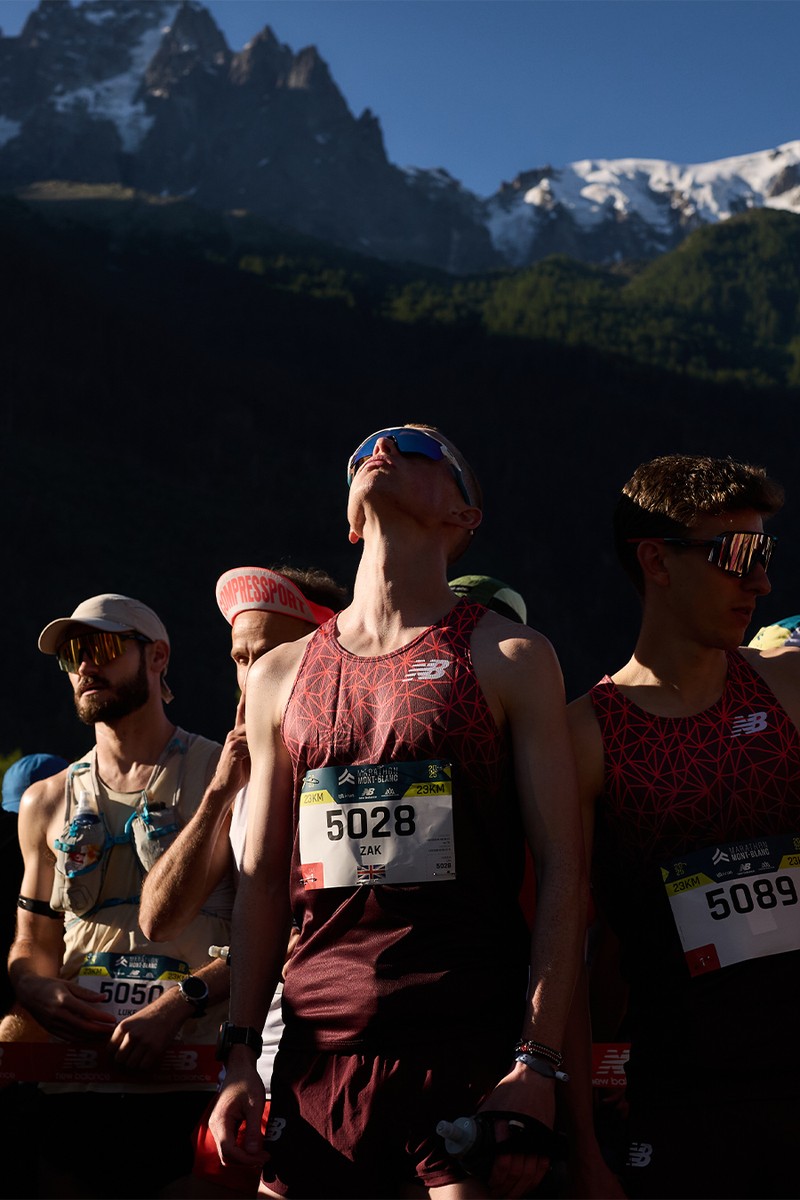
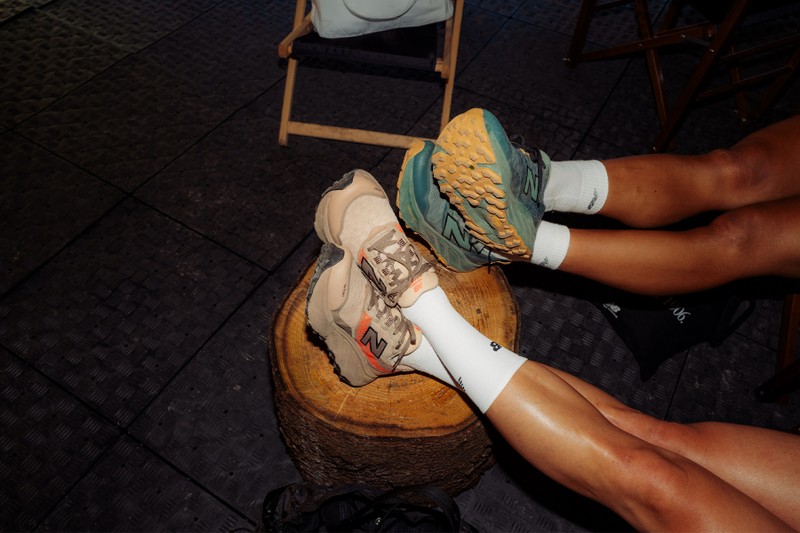
/https%3A%2F%2Fslman.com%2Fsites%2Fslman%2Ffiles%2Farticles%2F2025%2F08%2Fsl-man-trail-running-new-balance-3-normal-landscape.jpg?itok=VTzzSUXS)
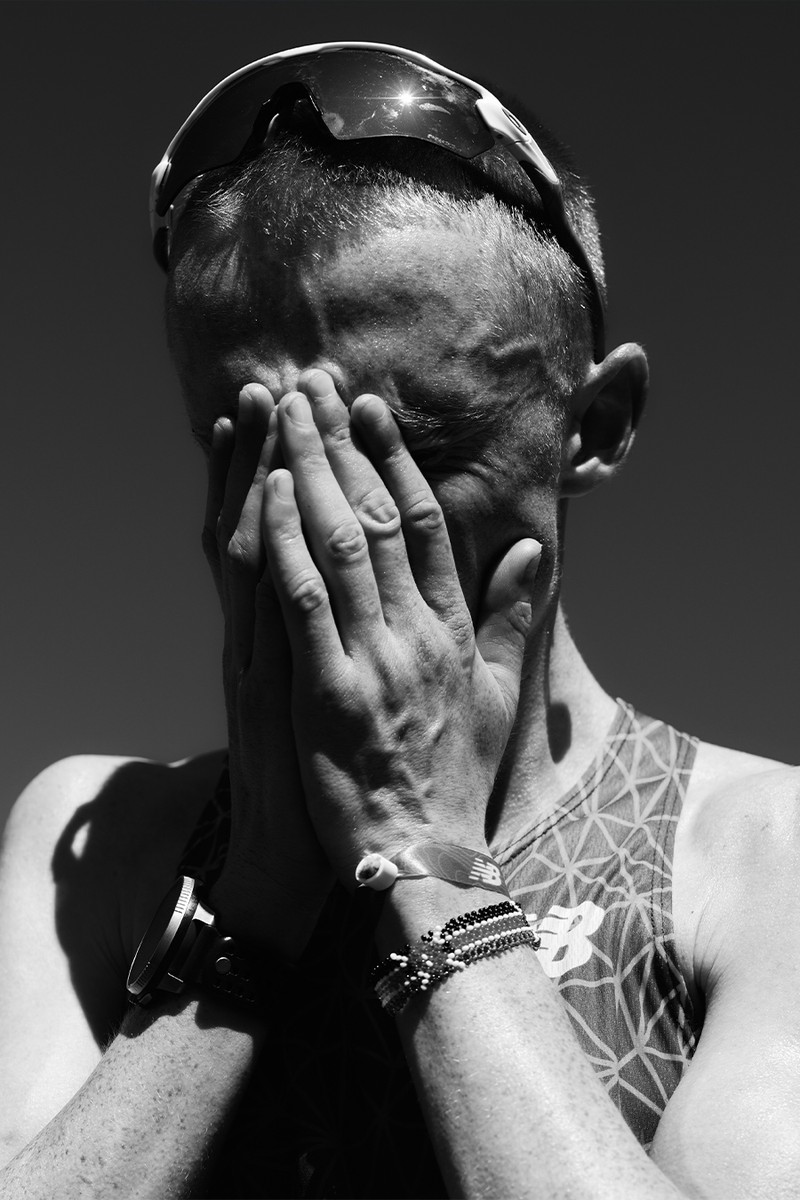
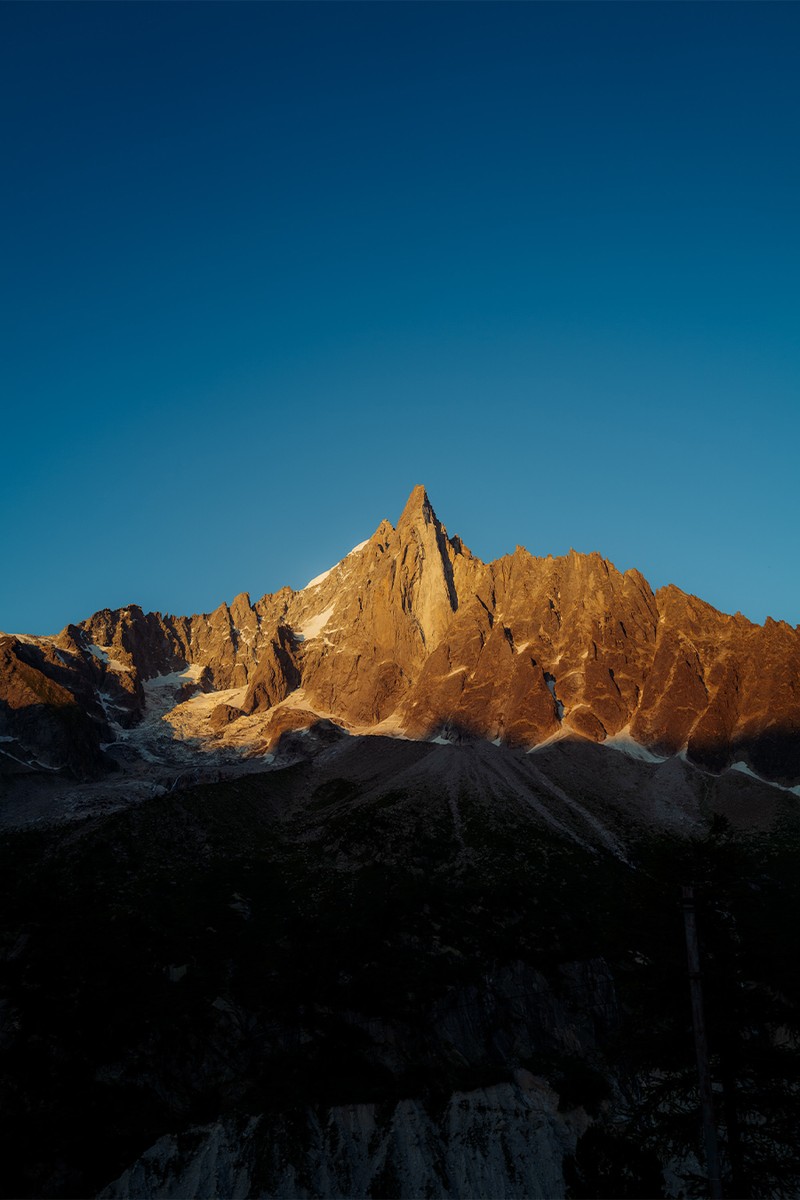
/https%3A%2F%2Fslman.com%2Fsites%2Fslman%2Ffiles%2Farticles%2F2025%2F08%2Fsl-man-trail-running-full-bleed.jpg?itok=w8far4Lv)
